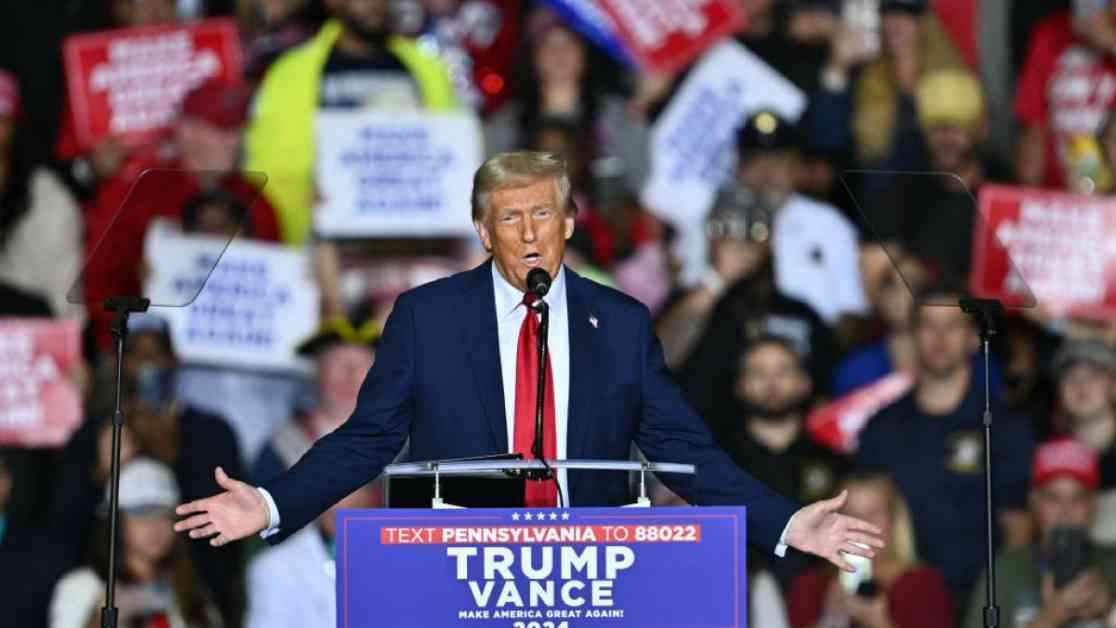The recent political gathering at Madison Square Garden stirred up controversy, prompting allies to advise Donald Trump to offer apologies for the racist remarks that marred the event. However, Trump’s response took a different turn as he embraced the rally, labeling it a “lovefest” and expressing pride in his involvement. The scene unfolded following a massive rally featuring a slew of offensive comments, including a particularly distasteful joke about Puerto Rico by comedian Tony Hinchcliffe. While some prominent Republican figures distanced themselves from the incident, Trump remained unapologetic, basking in the supposed beauty and love of the event.
Trump’s Unwavering Stance
In the aftermath of the Madison Square Garden rally, Trump’s unwavering stance and refusal to denounce the offensive remarks have raised eyebrows and sparked debates. The rally, intended to serve as a highlight of Trump’s closing message in New York, instead turned into a heated distraction that could potentially alienate crucial voter demographics. Despite calls for an apology and concerns over the impact of such controversies on the electoral landscape, Trump chose to stand by the event, emphasizing the love and positivity he perceived in the room.
Reactions and Fallout
The fallout from the rally rippled through various communities, drawing mixed reactions that underscored the divisiveness of the political climate. While some Puerto Rican leaders and voters expressed outrage at the derogatory comments made during the event, others brushed off the controversies, viewing them as trivial or even humorous. Individuals of Puerto Rican descent found themselves torn between conflicting emotions, ranging from anger and disappointment to amusement and indifference. The incident highlighted broader concerns about Trump’s rhetoric and the implications of divisive language in an already polarized society.
Throughout the saga, Trump’s responses, or lack thereof, to the offensive remarks underscored his controversial leadership style and the deep-seated divisions within the American political landscape. As the election day looms closer, the fallout from the rally serves as a stark reminder of the power of words and the enduring impact of political rhetoric on communities across the nation. The tensions and debates surrounding the Madison Square Garden rally encapsulate the broader challenges facing the country as it navigates complex issues of identity, representation, and inclusivity. The incident serves as a microcosm of the larger political discourse, where words have the power to unite, divide, and, ultimately, shape the course of history.














